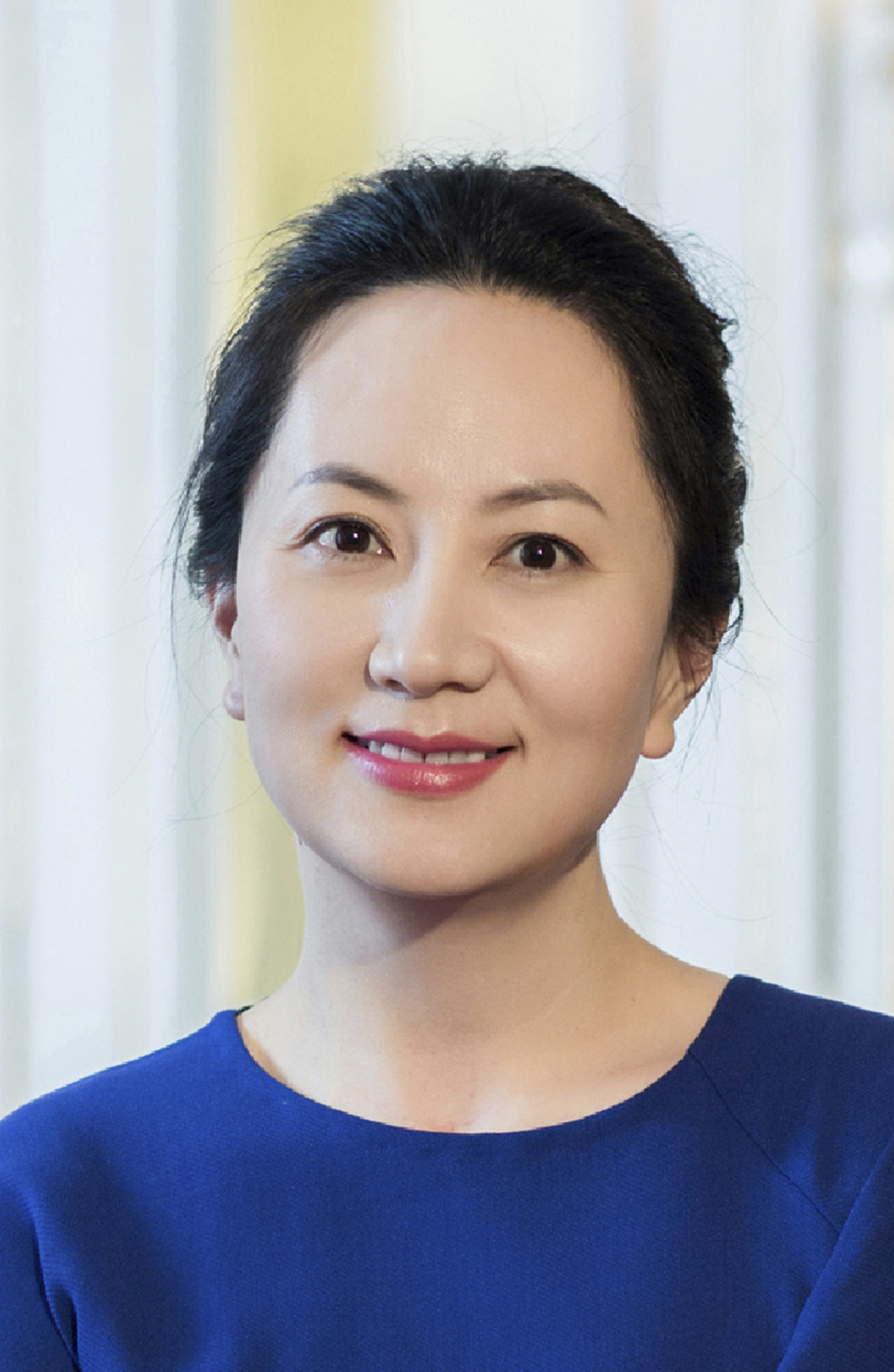China’s Foreign Ministry summoned the U.S. and Canadian ambassadors over the weekend to protest the detention of the chief financial officer of tech giant Huawei Technologies.
Meng Wanzhou, 46, was detained on December 1 during a layover in Vancouver, en route from Hong Kong to Mexico. She faces extradition to the U.S., where officials say Meng engaged in fraud while allegedly conducting business that ran afoul of U.S. sanctions on Iran.
The ministry said U.S. actions have violated the “legitimate rights and interests of Chinese citizens and are extremely bad in nature,” adding that “China will take further action based on the U.S. actions.”
According to China’s state-run Xinhua News Agency, Vice Foreign Minister Le Yucheng “lodged solemn representations and strong protests” with the U.S. ambassador to China, Terry Branstad. Le called Meng’s detention “extremely egregious,” and said the U.S. must “immediately correct its wrong actions.”
The U.S. government alleges Huawei used a Hong Kong-based subsidiary called Skycom as a shell company to circumvent U.S. sanctions on Iran.
Meng’s arrest has become a flashpoint in relations between the U.S. and China, and came on the same day President Trump and China’s President Xi Jinping agreed to a 90-day truce in a trade war between the two countries.
Huawei is China’s largest telecom equipment maker. Its sales recently surpassed Apple, making Huawei the world’s top supplier of mobile phones. U.S. intelligence agencies have warned Americans not to buy Huawei phones because of concerns over espionage, and pressured allies to not use Huawei technology.
On Friday in a Vancouver courtroom, the U.S. began a case alleging Meng hid Huawei’s business ties with Iran. Prosecutor John Gibb-Carsley, a lawyer with Canada’s Justice Department, said in the court hearing that a warrant had been issued for Meng’s arrest in New York on August 22. He said Meng was aware of the investigation and had been avoiding the U.S. for months, reports the AP.
The Vancouver Sun reports:
Gibb-Carsley said that at the heart of the allegations against Huawei and Meng is that between 2009 and 2014, the company used an unofficial subsidiary named Skycom to transact business in Iran for an Iranian telecommunications company, in violation of U.S. sanctions against trade with Iran.
When a Reuters news agency story was published in 2013 describing how Huawei controlled Skycom and that Skycom had attempted to send U.S.-manufactured computer equipment to Iran in violation of the sanctions, several banks involved in the case asked Huawei whether the allegations were true.
Meng then made misrepresentations to the banks in a form of “damage control” to the news agency’s article, Gibb-Carsley alleged.
Relying on the misrepresentations by Meng and other Huawei representatives, one of the banks and its U.S subsidiary cleared more than $100 million worth of transactions related to Skycom through the U.S. between 2010 and 2014, said Gibb-Carsley.
The Star Vancouver reports that Meng’s lawyer, David Martin, said Skycom was not a subsidiary of Huawei, “saying Huawei once owned shares in SkyCom and Meng sat on the company’s board, but the shares in the company were sold after 2009 and SkyCom became an independent contractor to Huawei.”
Huawei says it has no knowledge of wrongdoing by Meng, according to The New York Times, which reports: “In a statement released after the hearing on Friday, a [Huawei] spokesman said, ‘We have every confidence that the Canadian and U.S. legal systems will reach the right conclusion.'”
Meng’s bail hearing is scheduled to continue on Monday.
9(MDEwNzczMDA2MDEzNTg3ODA1MTAzZjYxNg004))
